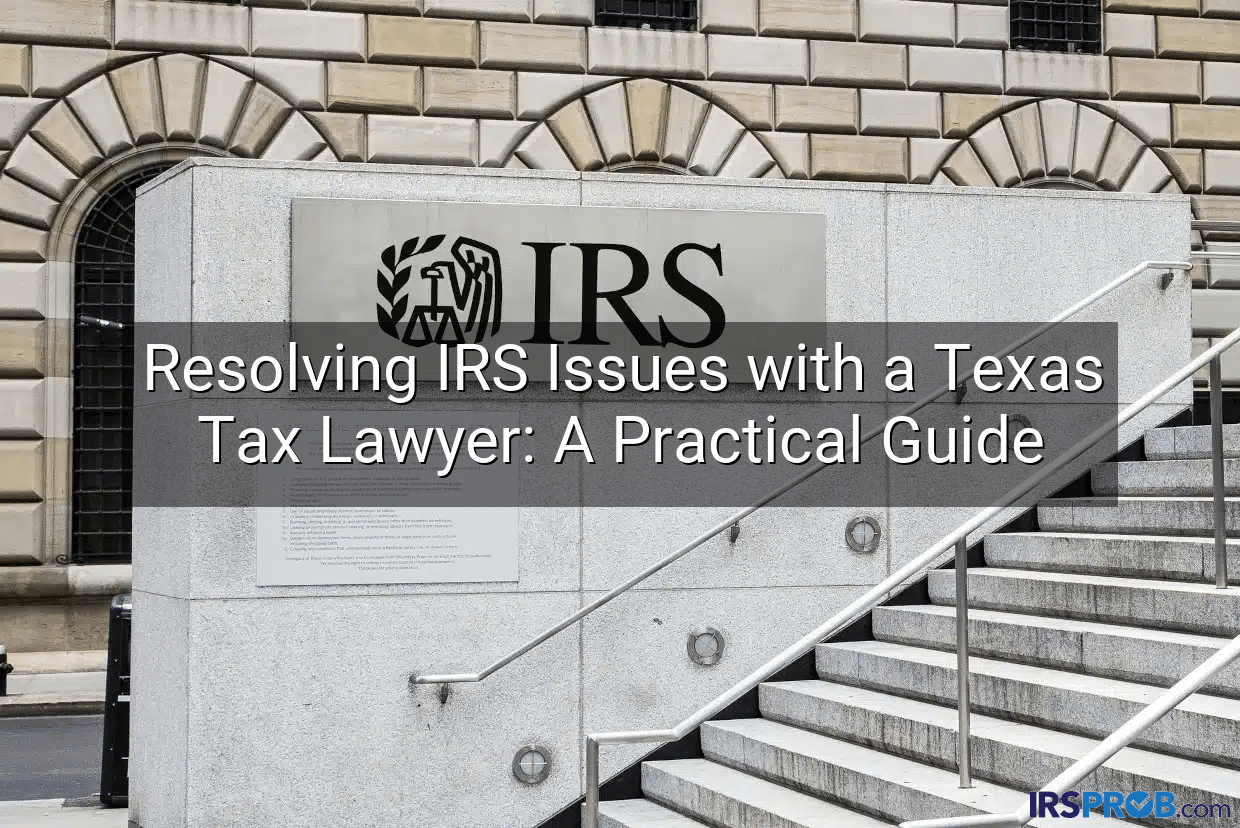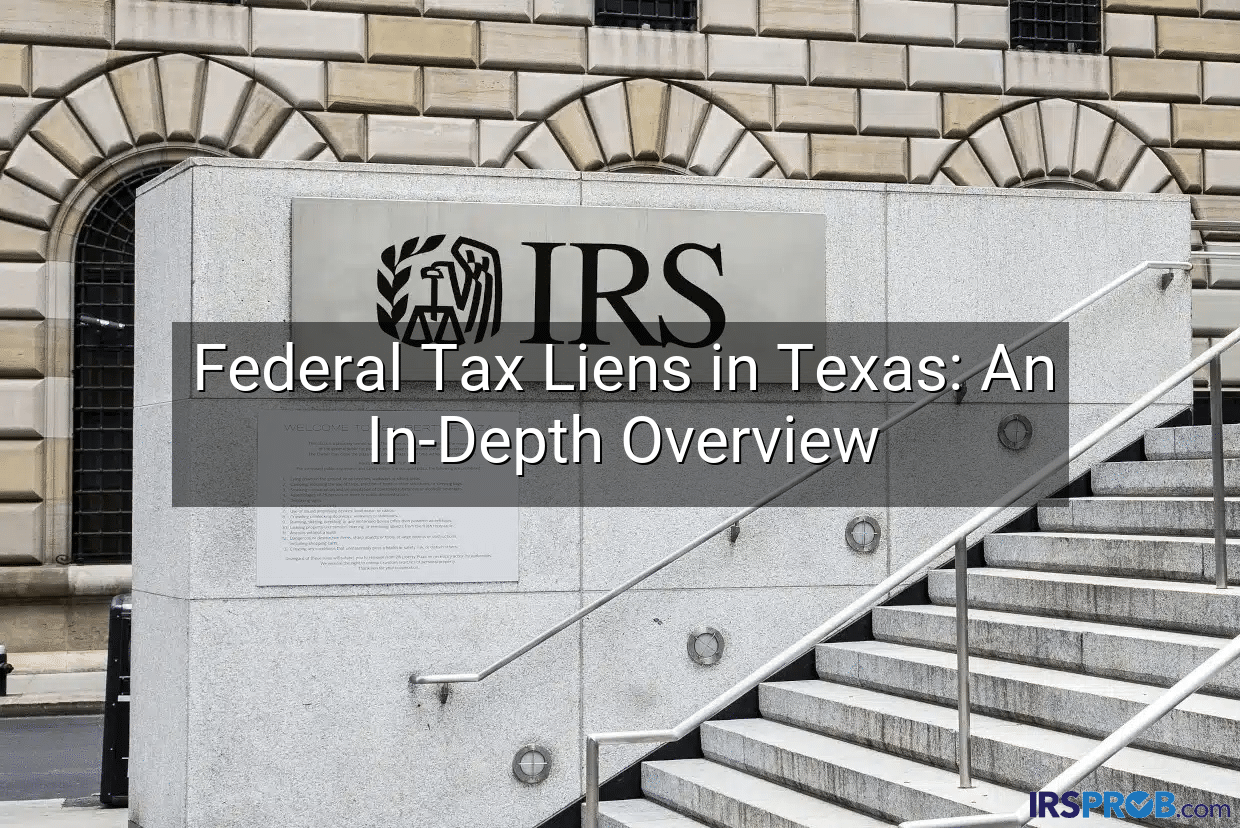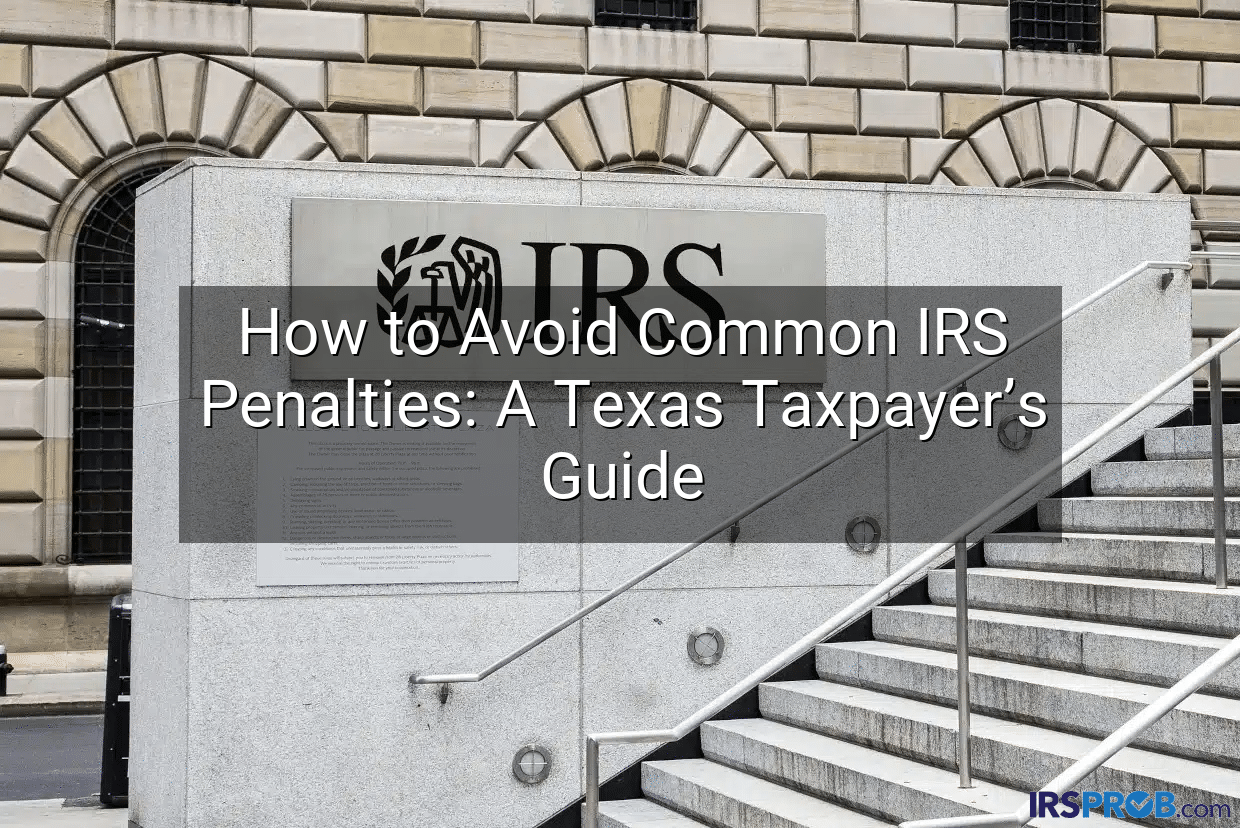Congress Reinstates Expired Tax Provisions
Congress let many tax provisions expire on December 31, 2017, making them invalid for your already-filed 2018 tax returns.
In what has become a much too common practice, Congress revived the dead provisions retroactively to January 1, 2018. That’s great news. The bad news is that if you have any of these deductions, we have to amend your tax returns to make them functional for you.
And you can take comfort when filing your 2019 and 2020 tax returns because lawmakers extended the “extender” tax laws for both years. Thus, noting to worry about until 2021—and even longer for a few extenders that received special treatment.
The big five tax breaks that most likely impact your Form 1040 are as follows:
- Exclusion from income for cancellation of acquisition debt on your principal residence (up to $2 million).
2. Deduction for mortgage insurance premiums as residence interest.
- 5 percent floor to deduct medical expenses (instead of 10 percent).
- Above-the-line tuition and fees deduction.
- Non-business energy property credit for energy-efficient improvements to your residence.
Congress extended these five tax breaks retroactively to January 1, 2018. They now expire on December 31, 2020, so you’re good for both 2019 and 2020.
Congress also extended the following tax breaks retroactively to January 1, 2018, and they now expire on December 31, 2020 (unless otherwise noted):
- Black lung disability trust fund tax
- Indian employment credit
- Railroad track maintenance credit (December 31, 2022)
- Mine rescue team training credit
- Certain racehorses as three-year depreciable property
- Seven-year recovery period for motorsports entertainment complexes
- Accelerated depreciation for business property on Indian reservations
- Expensing rules for certain film, television, and theater productions
- Empowerment zone tax incentives
- American Samoa economic development credit
- Biodiesel and renewable diesel credit (December 31, 2022)
- Second-generation biofuel producer credit
- Qualified fuel-cell motor vehicles
- Alternative fuel-refueling property credit
- Two-wheeled plug-in electric vehicle credit (December 31, 2021)
- Credit for electricity produced from specific renewable resources
- Production credit for Indian coal facilities
- Energy-efficient homes credit
- Special depreciation allowance for second-generation biofuel plant property
- Energy-efficient commercial buildings deduction
Congress originally scheduled these provisions to end in 2019 and has now extended them through 2020:
- New markets tax credit
- Paid family and medical leave credit
- Work opportunity credit
- Beer, wine, and distilled spirits reductions in certain excise taxes
- Look-through rule for certain controlled foreign corporations
- Health insurance coverage credit








